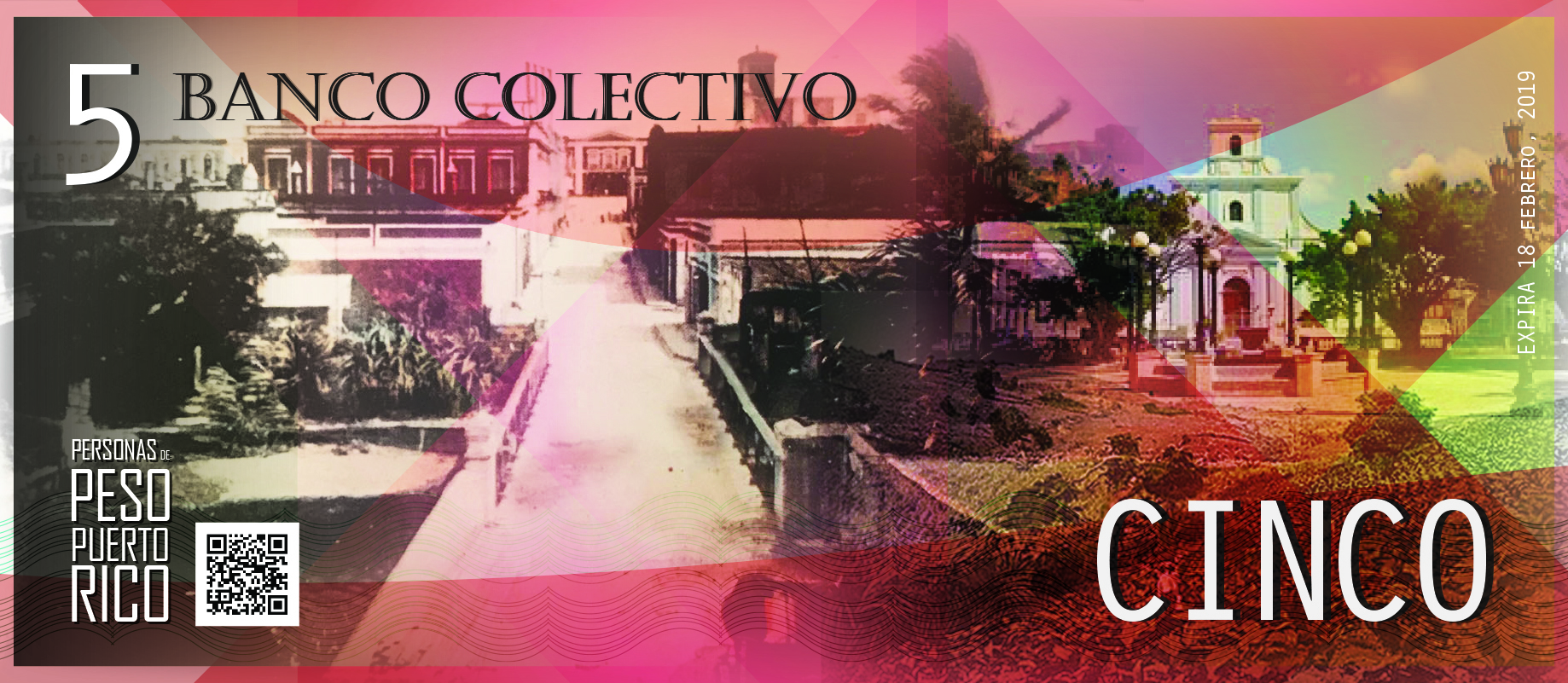Luisa Capetillo
In a time when women did not have the right to vote and lacked platforms to organize themselves, Luisa Capetillo (1879-1922) shocked, inspired, and mobilized women and workers with her feminist, anarchist, and labor organizing and writing. As a young woman, Capetillo worked as a lectora, reading installments of novels as well as socialist and anarchist political writings to the workers in cigar factories. Having read widely (including authors such as Leo Tolstoy, Madeleine Vernet, and John Stuart Mill), Capetillo ardently championed education as “the mother of freedom” and advocated for universal education throughout the Caribbean and the North America.
In 1909 Capetillo published her first book, Ensayos Libertarios (Liberation Essays), which envisioned a new egalitarian society forged through unions and workers' cooperatives. Two years later, she published Mi Opinión Sobre las Libertades, Derechos y Deberes de la Mujer (My Opinion on the Liberties, Rights and Duties of the Woman), a book that became a landmark feminist treatise. Capetillo later joined the Federación Libre de Trabajadores (Free Federation of Workers, FLT) and led massive strikes by Federación de Torcedores de Tabaco (Federation of Tobacco Rollers) and the FLT. Most notably, in 1916, Capetillo helped mobilize over 40,000 sugar industrial workers for the five-month-long Sugar Strike, which successfully raised wages and became a foundational moment in Puerto Rico’s labor history.
“This planet belongs to all of us and is not the privilege of only a few.”
Despite support from many, Capetillo paid a price for her radicalism. As one of the first women to wear pants in public, she was arrested for this supposed offense in Cuba and went to trial in 1915. In addition, Captellio was beaten by police and strikebreakers, and even deported by U.S. officials from the Dominican Republic in 1916 for her involvement with worker and feminist organizations. Given her uneasy relationship with Puerto Rican officials, she was often travelling in between New York City and Puerto Rico. On the way, she connected with many different groups and activists in efforts to establish a pan-Caribbean system of schools for the children of agricultural workers. In both theory and practice, Capetillo continued to demand universal suffrage and political rights and insist on women’s right to freely dress and express themselves as they desired. A vegetarian, in 1919 she established one of the first vegetarian restaurants in New York. Unfettered by the social mores of her time, Capetillo’s political vision of freedom, education, and justice, remains thoroughly current and radical today.
For further reading: Luisa Capetillo, Obra Completa: Mi patria es la libertad (Rio Piedras: Universidad de Puerto Rico, 2008), and Norma Valle with the collaboration of students from the Graduate Program in Translation, Luisa Capetillo, Pioneer Puerto Rican Feminist (The University of Puerto Rico, Río Piedras, Spring 1991).

